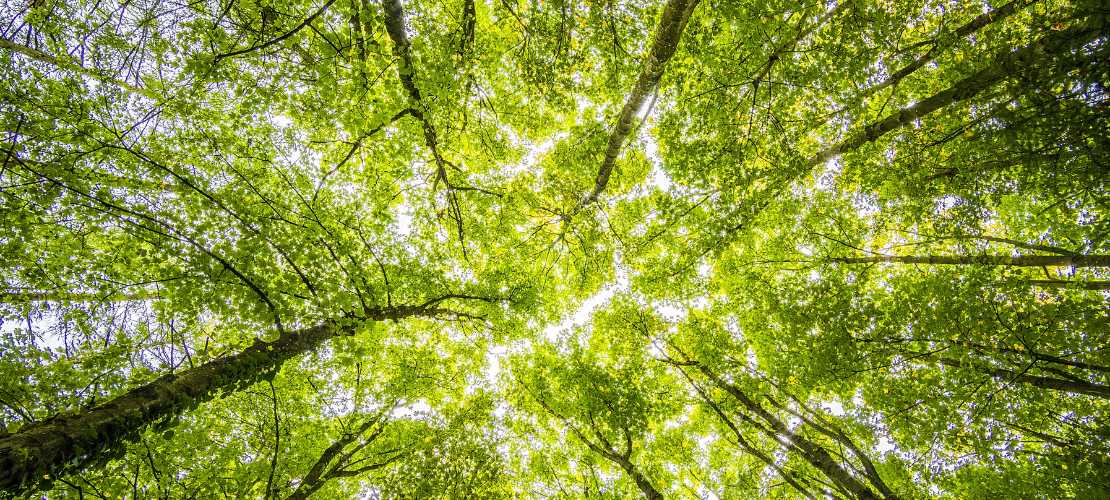The Circular Economy
An approach to sustainable development, the Circular Economy is a concept that replaces the traditional take-make-dispose approach with a system that is inherently regenerative by design. Advocating for the radical redesign of how we produce and deliver products and services, the Circular Economy challenges the notion that materials, products and resources can have an ‘end-of-life’. It proposes that by adopting novel business models, renewable energy and strategies such as re-use, repair, refurbish or recycle, resources can be looped back into the system acting as a feedstock for future products and materials. This will help to not only design out waste, but also maximize the economic and environmental value of these resources, ultimately contributing towards improving sustainable development and reducing climate change.


